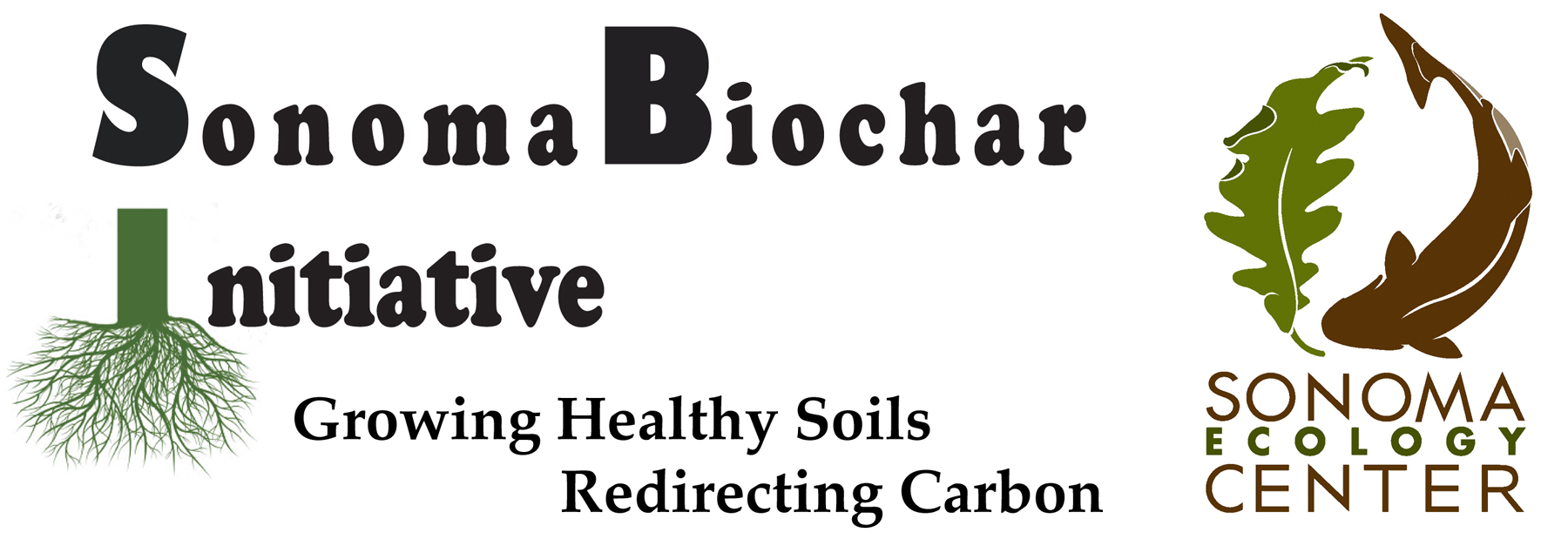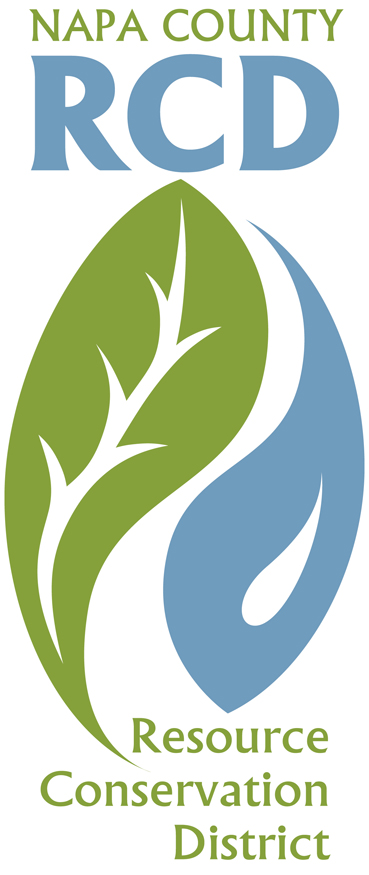In a recent letter to Assemblymembers Perez, Blumenfield, Gordon and Feuntes and Senators Steinberg, Leno, Simitian and Kehoe, initiated by CalCAN, the California Climate and Agriculture Network, the Sonoma Biochar Initiative (SBI) urged that biochar, a climate response tool and a material to benefit agriculture, be considered for investment under the cap-and-trade fee revenue that help meet the objectives of AB 32 climate response law. SBI strongly supports investing a portion of the fee revenues in agricultural activities that reduce GHG emissions and actively sequester carbon. Such investments in our communities can create jobs and spur innovation.
With the Air Resources Board moving forward with the first auctions of allowances in the summer and fall of 2012, the Legislature must appropriate auction revenues. It is crucial that discussions continue to determine how best to invest these funds to meet the goals of AB 32 and to provide the greatest economic benefits. There must be urgent considerations about how best to allocate these resources.
The Governor’s budget and the Assembly Speaker’s bill, AB 1532, outline cap-and-trade fee funding areas, including funding to “reduce (GHG) emissions associated with water use and supply, land and natural resource conservation and management, and sustainable agriculture.” Though not specified, we would add the imperative of capturing existing atmospheric carbon through biomass, processing it into biochar and sequestering it productively in agriculture.
Any legislative appropriation for a portion of the funds should go to agriculture in the first years of the program. A delay will mean lost opportunities to achieve GHG emission reductions in the food and farm sector and to sequester carbon beneficially within agriculture.
Potential GHG emission reductions in agriculture are substantial, and sequestering biochar carbon can help. Biochar production is an innovative renewable biomass energy source, aids on-farm conservation measures, offsets some fossil fuel inputs, reduces biomass handling transportation emissions and sequesters carbon that helps build soil. Funding carbon sequestration efforts will aid in the preservation of farmland and the institution of the family farmer. With the right policies including support for biochar, agriculture can meaningfully reduce its greenhouse gas emissions, sequester significant volumes of carbon, and be a net positive contributor to the goals of AB 32.
The climate solutions that California agriculture has to offer can be realized with investments that overcome barriers for innovative producers who achieve real GHG emission reductions and sequester significant volumes of carbon. The sooner this potential is recognized and unleashed, the greater the ability of the state’s agricultural sector to provide needed climate solutions.
Raymund Gallian
Chairman
Sonoma Biochar Initiative


Comments are closed